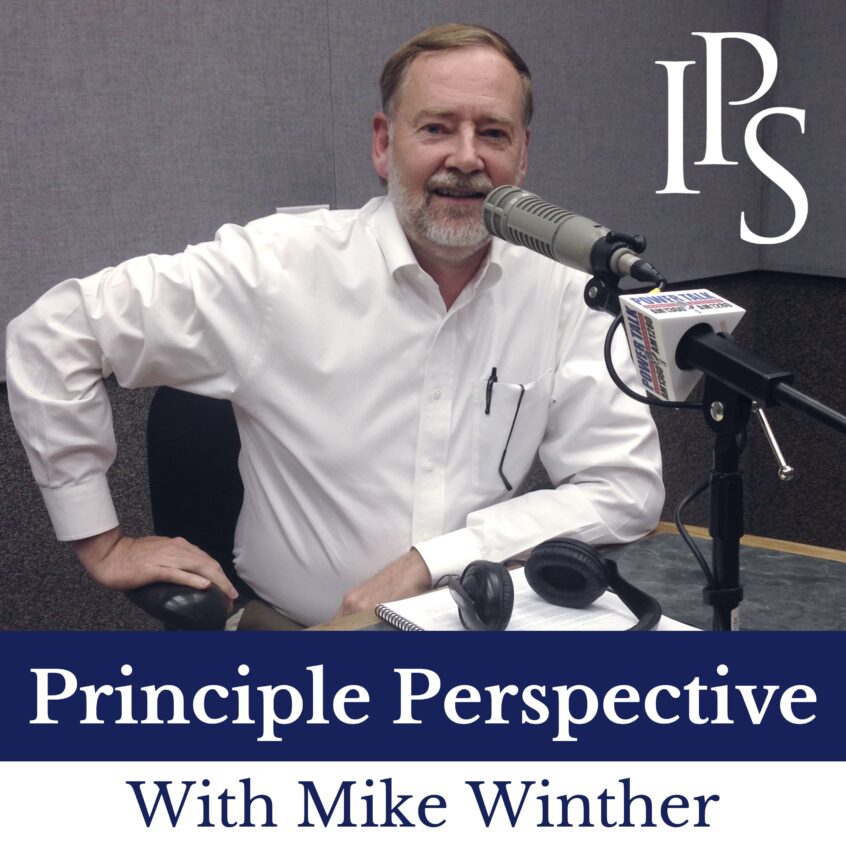LISTEN NOW
Mike Winther dives into the topic of when the church and Christians should get involved in matters of state. He kicks things off with a history refresher about the 1807 Slave Trade Act in England and the eventual abolition of slavery in England and the work of William Wiberforce.
When the church is active, society gets better. Society gets worse when the body of believers or the church is silent. Mike talks about Mathew 28, discipleship, and what discipleship includes. He asks the question of whether discipleship has anything to do with economic, social, and government issues. Then explains why the answer is yes.
You’ll Learn:
- [00:41] A little history lesson. In 1807, there was a bill introduced called the slave trade act. This bill was introduced in England, not America. This bill banned the slave trade.
- [01:40] In 1833, England introduced the slavery abolition act. This banned the slave trade and slavery in England.
- [02:04] It was a number of decades before America took action on slavery.
- [02:17] If you were a citizen of England or America and a Christian was there a role for you in this public debate?
- [02:49] We’re going to talk about principles of when the church is involved or should be involved.
- [03:00] In history, William Wilberforce gets the credit for being the driving force of the abolition of slavery in England.
- [04:26] Should the church have a voice in public affairs? All economic and social issues are clashes of ideas. We aren’t to be the instigators of violence, but we should always proclaim truth.
- [05:42] How controversial can modern Christians be without losing their Christian Witness?
- [06:00] Matthew 28: The Great Commission. All the authority of Heaven and Earth had been given to Jesus. Go out and disciple.
- [07:57] The goal is for us to disciple all nations.
- [10:47] Does discipling the nations have anything to do with social issues and problems?
- [12:45] The Bible has more to say about civil government than family government and church government combined.
- [13:36] Our challenge is to speak the truth with love but do not avoid speaking the truth.
- [16:00] We are seeing a myriad of ways the church is silenced by the Government. The church is also silenced through social pressure as society becomes less Christian.
- [18:28] The biggest factor silencing the church is ourselves. Philosophies of non-involvement tell Christians not to engage.
- [20:19] The whole idea of the Reformation was that kings, or even the pope, were not infallible. Every human being is subject to God’s law.
- [23:24] Are Christians responsible for stopping evil to the extent of their power? This should apply to every sphere of our society.
- [26:37] The best way to be effective is being well-educated.
- [29:17] Doing nothing isn’t a good option. The church doesn’t have to take a lot of action, but it needs to teach biblical principles and the proper roles of government. If the church teaches the truth, the members will take action.
- [34:41] It was a curse for the government to demand more in taxes than the amount of tithes of 10%.
- [35:22] Should the church have a voice? What is silencing the church? What do Christians say or do? Is the church prepared to speak?
- [35:50] If we should have a voice, are we really prepared to have a voice?
- [39:03] In 2nd Kings, Josiah pursues righteousness. The church is being silenced because we first silenced ourselves.
- [41:38] The body of Christ is called to be active. We are called to know the truth and take action. If we see evil, we are called to fix it.
- [42:28] A Practical View of Christianity was the most read book in England for over 50 years.

